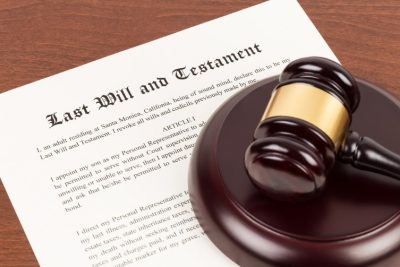Report: The Current and Future State of Estate Planning
Over the next two decades, experts foresee Baby Boomer households transferring more than $84 trillion in generational wealth. Amid challenging economic times, it is more important than ever to protect your assets for yourself and your loved ones. Without a well-crafted estate…









